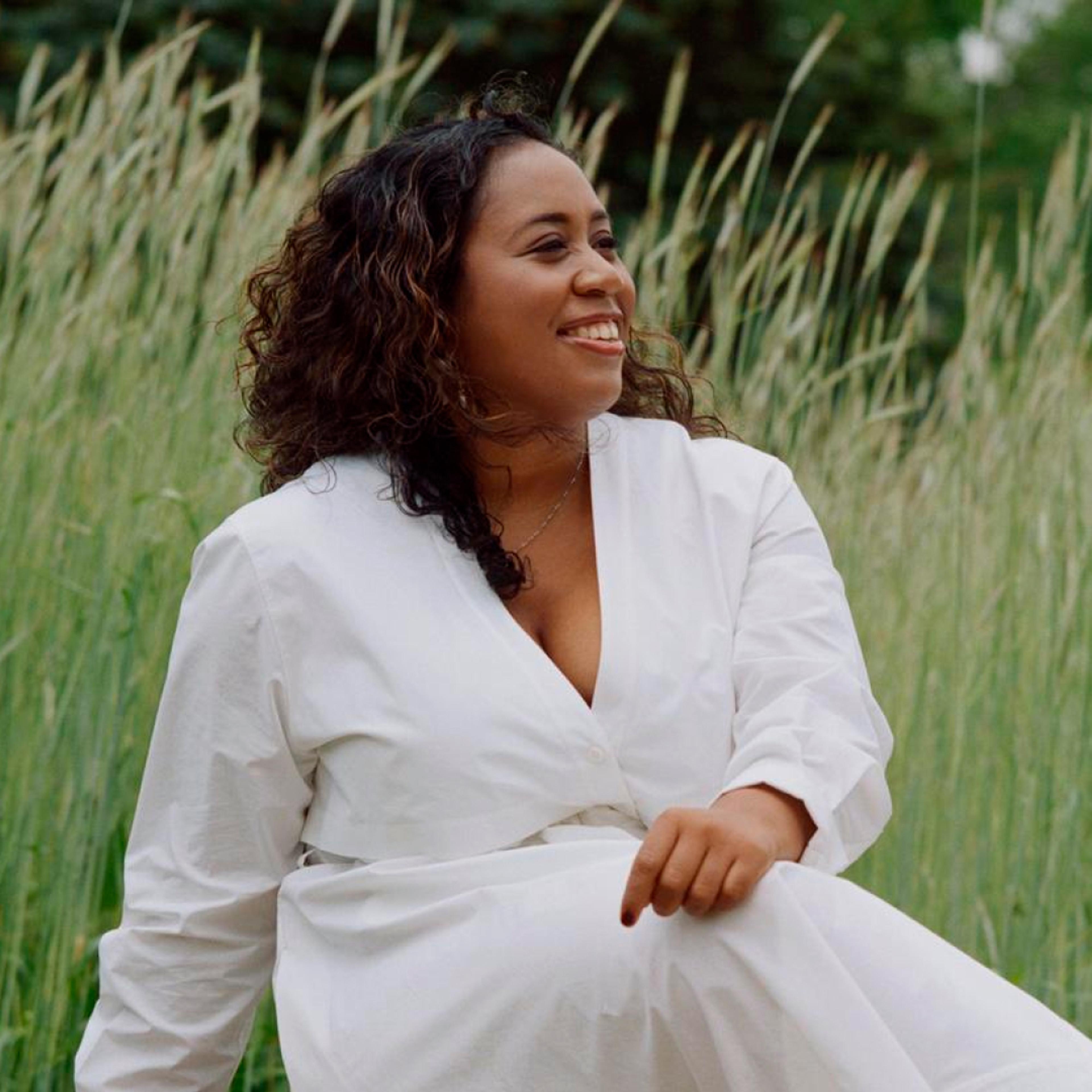Charting New Axes for Value Generation, Translation, and Circulation: Identifying Value Bottlenecks and Death Valleys Across Case Study Academic and Community Enterprises
Seeds of the Pluriverse
Mae-ling LokkoMae-ling Lokko
Seeds of the Pluriverse
Seeds of the Pluriverse is a public education and a pilot participatory program bridging pluriversal (multiple simultaneous and interconnected worlds) knowledge and regenerative material practices at the neighborhood scale. This course aims to understand models of 21st century community enterprises and—by understanding their operations within a broader range of interdisciplinary, transgenerational, and transcultural knowledge systems and methodologies—curate a map of past, existing, and emerging academic-community enterprises designed to drive generative justice goals.

February 19: 1–3PM EST
February 26: 1–3PM EST
March 5: 1–3PM EST
March 12: 1–3PM EST
March 19: 1–3PM EST
March 26: 1–3PM EST
Course Description
This course will comprise discussion, close reading and listening, screenings, mini lectures, group activities, generative audio exercises, and independent study. Participants will read, listen to, and discuss interviews between the instructor and three inspiring guests, curate collections of academic-community case studies, research institutions and community collaboration models, and explore and reflect on their present and future capacities to design and participate in generative justice systems.
Participants will curate a collection of community education models as well as research institutions and community collaboration models. They will also create a presentation and engage in diagramming exercises to present their research over the duration of the course. This course will meet for two hours weekly for six consecutive weeks.
Session 1
Session 2
Acts of Noticing: Identifying Tangible and Intangible Neighborhood Assets (Case study – Field Meridians “The Nature School,” Brooklyn, USA)
Session 3
Beginning with The Land: Evolving Legally, Physically and Ritually Neighborhood Models of Land, Building and Space Care (Case study – Squash, Liverpool, UK)
Session 4
The People Get on With It: Designing and Building with Elastic and Intergenerational Community Workforces (Case study – Mamadou Dia, Hahatay, Gandiol, Senegal)
Session 5
Community Mapping: Community Curation, Interactive Mapping, and Presentation of Existing and Emerging Academic-Community Enterprises
Session 6
Community Attaya Hour: Reflections and Discussion on Academic-Community Models
Teacher(s)

Mae-ling Lokko
Mae-ling Lokko is an Assistant Professor at Yale University’s School of Architecture and founder of Willow Technologies, Ltd, based in Accra, Ghana. Lokko leads research at Yale's Center for Ecosystems in Architecture (Yale CEA) focused on the whole life carbon design, development, and policy around agrowaste and biobased materials.
www.maelokko.com